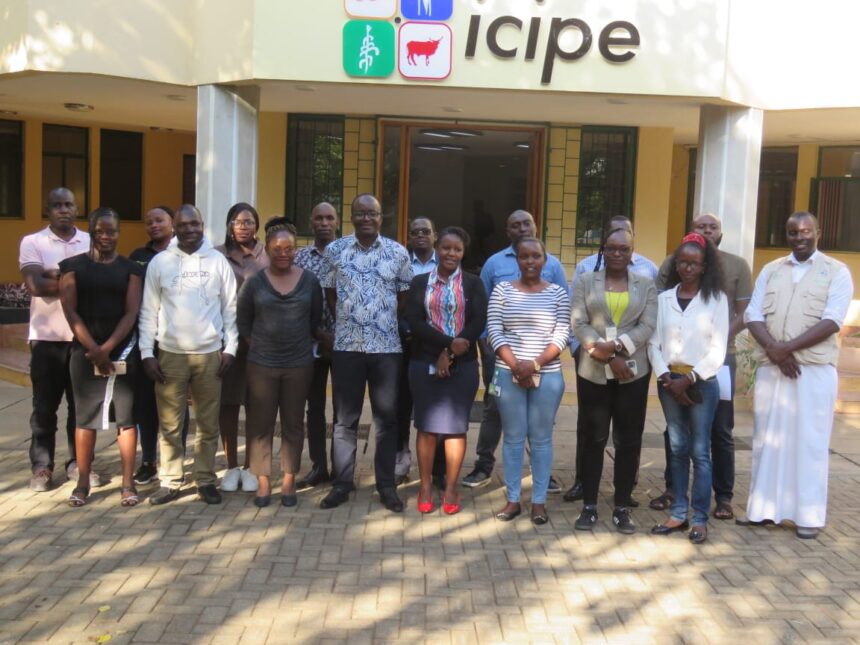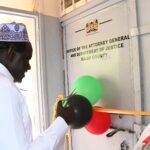The Biovision Africa Trust (BvAT) has conducted a specialized training workshop to enhance journalists’ ability to promote agroecology through impactful content production and reporting.
The workshop, held under BvAT’s Farmer Communication Programme (FCP) at the International Centre of Insect Physiology and Ecology (ICIPE) in Nairobi, brought together journalists from diverse media houses. It centered on the Agroecology Journalism Challenge, equipping participants with the tools to effectively report on agroecology’s principles, practices, and transformative potential.
Agroecology in Focus
Agroecology, an academic discipline that integrates ecological processes into agricultural production, is gaining recognition for its role in enhancing food security, fostering sustainable farming, and addressing climate change.
Fredrick Ochieng’, FCP Coordinator, emphasized the importance of crafting agroecology narratives that resonate with farmers and communities while addressing concerns about environmental health and food security.
“Journalists explored how agroecological practices can transform agriculture by improving resilience to climate change and promoting sustainable farming methods,” Ochieng’ said. He also highlighted the critical role of journalists in bridging the gap between farmers and innovations, ensuring practical solutions reach those who need them.
Collaborations and Innovations
The workshop fostered partnerships between journalists and agroecology-focused organizations like BvAT and ICIPE. Dr. Takemore Chagomoka, Head of ICIPE’s Technology Transfer Unit, presented an overview of the institution’s contributions to agroecology through innovations such as biopesticides, organic fertilizers, and technologies like Push-Pull, Tsetse collars, and stingless bees.
Journalists were also introduced to ICIPE’s 4H paradigm—Human Health, Animal Health, Plant Health, and Environmental Health—underpinning their research and interventions.
Outreach Manager Christopher Rwanda highlighted the 13 key elements of agroecology, reinforcing the role of responsible journalism in driving sustainable agricultural practices.
Empowering Responsible Reporting
Musdalafa Lyaga, The Organic Farmer Radio Project Officer, underscored the importance of fact-checking and sourcing credible information to build audience trust. He encouraged journalists to use simple, relatable language to address farmers’ challenges and highlight innovative agroecological practices.
“By equipping media professionals with the tools to effectively communicate the benefits of agroecology, BvAT is fostering greater understanding and adoption of practices that address Kenya’s agricultural challenges,” Lyaga said.
The workshop demonstrated the critical role of journalists in promoting agroecology and supporting sustainable agriculture, ensuring that the message reaches farmers, policymakers, and the wider public for a more resilient agricultural future.


